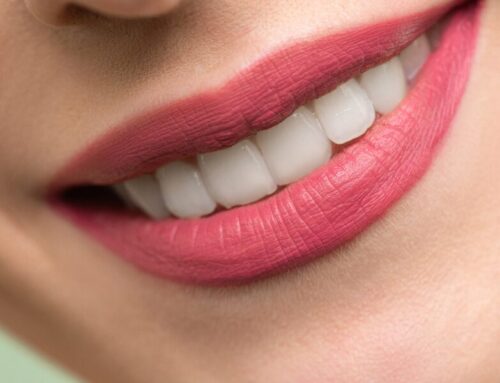The Crucial Role of Dental Floss in Oral Hygiene
Dental floss often plays second fiddle to the toothbrush in the orchestra of oral healthcare, yet its contribution to the symphony of a healthy mouth is irreplaceable. Here, we will delve into the tapestry of dental floss, discussing why it’s more than a mere accessory to brushing and busting some myths along the way, all within the context of an essential care routine that promotes long-term oral health.
Why Flossing Matters
Clad in waxed or unwaxed form, dental floss is the unsung hero combatting the formidable forces of plaque and potential gum maladies. It ventures where toothbrushes fear to tread, a silent yet effective protector against oral enemies.
Plaque and Particle Predator: Flossing is a key player in the reduction of plaque, a sticky villain that can cause gum inflammation and, if left unchecked, can lead to tooth decay. It also dislodges stubborn food particles your brush might miss, preventing bacterial buildup.
Guardian of Gums: Regular flossing fights the onset of gum disease by eliminating irritants from beneath the gum line—a critical area that often spells trouble for oral health.
Comprehensive Clean: Your toothbrush covers about 60% of your tooth’s surface, meaning that a substantial portion remains vulnerable. Flossing is essential for hitting these tight interdental spaces, ensuring a comprehensive clean.
Finding the Floss for You
The aisle may be lined with various types of dental floss: waxed, unwaxed, tape, flavored, unflavored—each serving a distinct purpose. Whether it’s for sensitive gums or dental appliances like braces or implants, there’s a floss designed to meet your needs.
Texture: Waxed floss glides smoothly, while unwaxed floss provides more grip. Floss tape, broader and flatter, is preferred by those with wider gaps between teeth.
Special Considerations: Sensitive gums? Look for floss coated with soft wax or infused with soothing substances. Sporting braces? A waxed floss might be kinder on both your gums and the braces themselves.
Art and Technique
Much like any good practice, the art of flossing lies in technique. Proper flossing isn’t a hurried affair; it’s a precise and patient process that deserves your attention.
Use Enough Floss: About 18 inches should suffice, wound primarily around your dominant middle fingers, leaving an inch or two to work with.
The C-Shaped Curl: As you work the floss in a gentle sawing motion between your teeth, create a ‘C’ shape around each tooth, ensuring you reach under the gum line without snap or pressure.
One Tooth at a Time: Mindful, slow movements, one tooth at a time, are the secret to effective flossing. Discard and progress to a fresh section as you move through your mouth.
Unwrapping the Benefits of Flossing
The dividends of consistent and correct flossing are not limited to your oral cavity; they extend to your overall well-being. Fresher breath, healthier gums, and the fortification of teeth against decay are just the beginning.
Fresher Breath: Unfettered by lingering food particles, your mouth will thank you with a fresher, more pleasant exhale.
Gum Health: Regular flossing reduces the risks of gingivitis and periodontitis, preserving your gums against the perils of plaque.
Overall Oral Health: By working synergistically with your toothbrush, flossing helps you maintain a cleaner, more robust mouth, ready to take on whatever your day may bring.
Myths often cloud the conversation around flossing, with some even questioning its necessity. However, the science and dental professionals agree – that flossing is an integral part of comprehensive oral care, and there’s no substitute for its effective interdental cleaning action.
Conclusion
Flossing is an inextricable part of a robust oral hygiene regimen that can’t be overstated. Regular visits to your dentist, combined with daily flossing between your brushing, sets the stage for a radiant, healthy smile.
As we close this exploration, a gentle cue emerges: It’s time to act. Practice the pillars of oral hygiene, and if you’re due for a checkup, remember the skilled team at Herndon Dental Arts is here to support your journey to a healthier smile. Don’t delay in flossing; your future dental health depends on today’s decisions.




